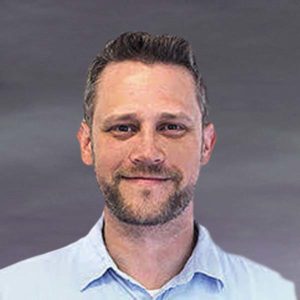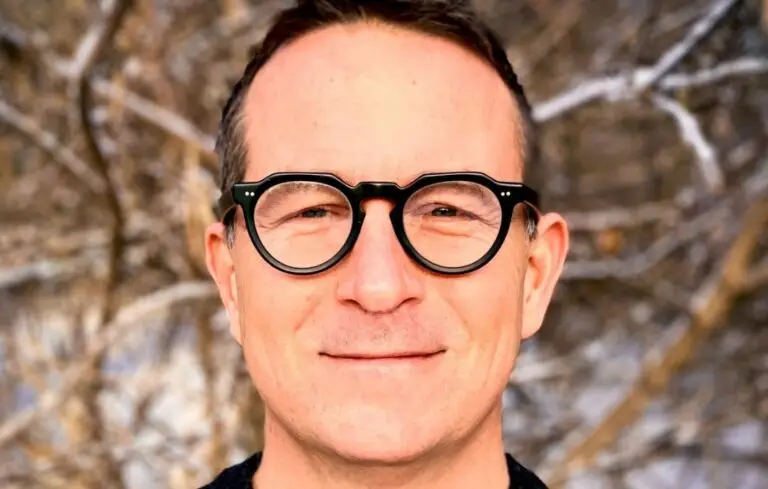United Community Banks, Inc. CEO Lynn Harton has more than three decades of experience in the banking world, and he knows that in community banking, it’s all about customer service.
“Banking is a service business in and of itself, so it’s really the only thing we can differentiate ourselves around,” Harton told Chief Executive. “Everybody’s money is the same. So really the only question is can people trust you a little more? Can you provide that little bit extra?”
United Community Banks is a publicly-traded bank holding company based in Blairsville, Georgia with $12.4 billion in assets. The company’s banking subsidiary, United Community Bank, is one of the southeast region’s largest full-service banks, operating 150 offices in Georgia, North Carolina, South Carolina and Tennessee, specializing in personalized community banking and services for individuals, small businesses and corporations.
Prior to joining United in 2012, Harton was a consultant and special assistant to the CEO and Executive Vice President of Commercial Banking for TD Bank Financial Group. Prior to TD Bank, Harton held the positions of President and Chief Executive Officer, Head of Commercial Banking and Head of Credit and Risk at The South Financial Group (which was sold to TD Bank).
Chief Executive spoke with Harton about why company culture is so important in banking, developing and retaining top talent and the most important leadership lessons he’s learned. Below are excerpts from the conversation.
On the importance of company culture
When it comes to culture, it’s not what you say, it’s what you do. So we do talk a lot about culture, but we try to focus on making it authentic. And part of the way we do that is we hold ourselves accountable—I’ve been with the company now almost six years, and over that six year period we’ve done three surveys of all of our employees. And when we get those results, we share that information directly with the employees and tell them this is what we heard. And then we have specific action plans that tie back to the things that come out of that. For example, one of the concerns expressed was around training and development. And in response to that, we’ve implemented a leadership academy in conjunction with Clemson University here in town where we get some of the young leaders involved and do a year-long program with them.
We’ve started a program, we call it Operational Excellence, for mid-level managers to really get connected to our strategies and our culture and that’s about a six-month program. And we as an executive management team teach half of those classes in both of those programs. So there are multiple ways, but you’ve got to make it a focus.
On developing leaders and top talent
The first thing I’d focus on is culture, because if it doesn’t start with me and if they don’t model it, then it doesn’t really matter. The first part of the culture of talent development is being honest about the talent that you have. So once a year we get together as a group and they bring in a report on each one of their direct reports and some of their key even second level reports and they present to the whole group, basically how that individual is rated in terms of performance and potential and, as you would expect about 80 percent of the time, we all agree, but there’s 20 percent of the time where they’ll get some real insight about one of their people that they didn’t realize, or they’ll get some real feedback about how they need to be evaluating this person. We really get on the same page on how we look at talent and who’s really aligned with our culture and a who’s really a high performer who’s not.
We put that group into our leadership academy and we tracked that group, get them together, get feedback back from them, and now we’re taking it another level beyond that in terms of how you retain them. The biggest thing is I’m going back to the culture around it. It’s what we all want, right? We all want to make a difference and know that the leadership of the company knows your name. And if you do that, it’s not about money. If you work with great people who are aligned to take care of customers and you feel like you’re a part of that and you’re recognized, that beats money and everything else every day.
On how his personal leadership style has evolved
I’ve had the opportunity to work with some really great CEOs that I have learned from tremendously, and I’ve tried to model myself after different pieces of them, because when you’re young, you have this idea in your head and leadership is somebody on a horse leading the cavalry, and it’s about change and all this dramatic stuff. I learned consistency from John Allison that BB&T [Branch Banking & Trust]. He would always have his eyes set out five years and every year he would say, “This is where we are, this is where we will be in five years, this is how we’re going to get there.”
It’s kind of like driving your car down the road. If you are on a curvy road, if you’re focused right in front of you, it seems choppy, it feels like you’re making a lot of turns. But if you’re focused, your eyes are focused on the horizon, you can go down that curvy road and it feels smooth and silky. And I learned that from John, just the consistency of the message. Never felt like it changed, but I always knew where we were going, always felt like I knew my part of it. So I’ve really tried to model that in my communication with the team and that’s what we do.
I had the chance to work with Jack Moore at Union Planters Bank when he was CEO, and he modeled for me something that had a big impact on my leadership style, if you will indulge me telling me that little story.
I didn’t really know him, and it was the second week I’m there at the company. I was reporting to him, but we were just getting to know each other. He calls me up and he says, “Lynn, I’m going to Houston tonight. You want to come with me?” “Of course,” I said. “Yes sir.”
So we get on the plane and we’re heading to Houston. And he said, “You know, I have three jobs in this bank. You want to know what they are?” I said, “Absolutely, yes sir.” He said, “My first job is to decide where we’re going. Like tonight we’re going to Houston, that was my decision, we’ve got some things to do, that’s where we’re going.” He said, “My second job is to hire the very best people to get us there. You see these pilots up here? This is my plane, it’s completely within my authority to fly this plane, but these guys are the best pilots around. I’ve hired them to take me where I want to go, because I’m not I’m not about to fly this plane myself.”
The third thing he said was, “Now I work for them. They don’t bring me water, I’ll go up, I’ll bring them water, I’ll rub their neck, whatever it is they need, because they’re taking me where I want to go.” Then he turns to me and he says, “That’s like credit,” because I was working credit for him. He says, “I know where we need to go. You know credit. We’re at the bottom, we need to be at the top. I’ve hired the very best person to get us there—that’s you, and now I work for you. You tell me what you need.”
What a liberating thing—and then he lived it. It was authentic, and he lived it and let me do my thing. That’s really what I’ve tried to do is with my team. I know it’s my job, and I’ve got the accountability to make sure we get the best people, but then they all know more about their area than I do, by design.
Those have been two of the guys that made a huge impact in my life. And I hope that I learned just a little bit from them and modeled just a little bit from them.







